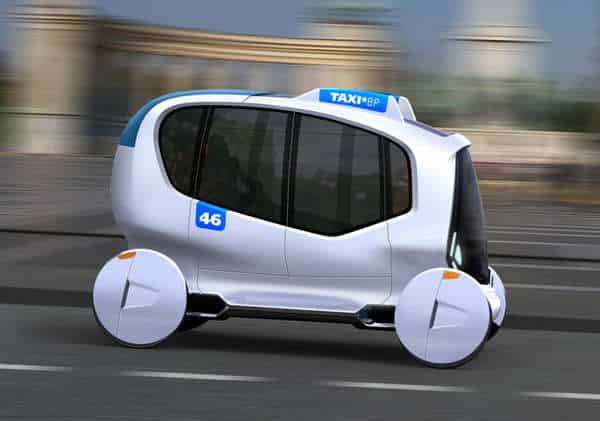The impetuous rise of artificial intelligence risks overwhelming political institutions that are too slow to adapt, paving the way for a future with "neo-feudal" contours dominated by private entities. This is the alarm that emerges from a long-term look at the impact of AI.
If technological development proceeds on exponential tracks while politics moves slowly, the result will be a progressive emptying of public functions in favor of private actors. It is the thesis of a paper by Samuel Hammond, senior economist at the Foundation for American Innovation, where his research focuses on innovation and science policy and the institutional impact of disruptive technologies.
Towards technological feudalism
Starting from 2024, the authors describe how many services will be progressively handed over to private entities: security, education, regulation, even the collection and management of meteorological data. With AI democratizing once-rare capabilities, high-tech companies and small communities (even as large as neighborhoods) will make up for public shortfalls.
Already today we agree to limit rights and freedoms in exchange for services: large airports, for example, are almost like micro-states managed by private individuals and highly monitored. With AI, this trend will expand to every social and economic sphere, in a drift that research defines as "neo-feudalism".

Neo-feudalism of the future, the “unsuspected” example of mobility
Among the "weak" signals (so to speak) of this drift, there is that linked to mobility. The rise of platforms like Uber and Lyft has upended the taxi industry, once tightly regulated by city authorities. Connectivity has made it possible to skip those traditional constraints, entrusting quality control to private reputation and monitoring mechanisms.
In just a few years, the share of taxis in total trips in a city like New York has gone from 90% to 10%. More practicality, more "democratization" of a profession, you will tell me. Perhaps. However, with a transition of governance from public bodies to platforms with internal social credit systems. The next phase, that of driverless cars, is already upon us and it will put us face to face with reality: at that point will states still have the strength to represent protection for citizens, with support measures such as a universal income? Or will they lose their role altogether, leaving people to "hand themselves over" to completely private social systems (welfare, education, taxation), in a technological feudalism?
These are currently epochal changes but on a small scale, which however prefigure the scale of future upheavals induced by AI.

From company-cities to singularity
Within 15-20 years from now, Hammond says (around 2040, then) entire cities will transform into companies. They will offer “premium” social services, AI-supervised infrastructure and other protections in exchange for housing, rent, taxes in the form of a subscription. The subsequent, possible advent of a superintelligence risks become a mortal blow to what remains of public institutions, which would hand over control to private individuals in a terrible high-tech return to the Middle Ages.
Here too, weak signals, general evidence of "techno governments“, they are almost everywhere.
I don't believe it, but it's true
I do not feel like endorsing the very nefarious tones of Hammond's reflections, but I cannot exclude some of the worst aspects of these predictions if political adjustments do not occur. Institutions have a duty to keep up with the times to avoid authoritarian tendencies or anachronistic.
Otherwise technological progress risks overwhelming them, making them "collaborationist" or even slaves to a feudalism led by increasingly powerful mega corporations.



Comments are closed.